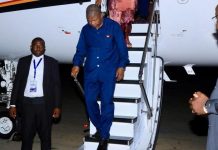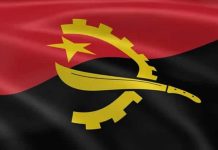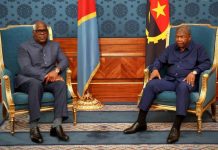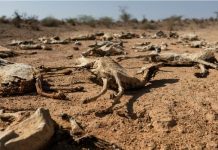Africa-Press – Angola. Academic Felisberto Samuquelengue stated Saturday, in Saurimo (Lunda-Sul), that carrying out the Census will allow the Executive to acquire statistical data on the population of each region, to better extend programs to combat hunger and poverty.
Speaking about the census process that the country is carrying out from the 19th of July, the academic justified that many sustainable growth actions carried out in communities do not correspond to the population density of the area, which is why, sometimes, they are not achieved the recommended objectives.
Among these, he highlighted the construction of residences in municipalities and communes, paving of national, primary, secondary and tertiary roads, as well as the extension of manufacturing units, to encourage mass employment.
For his part, Miguel Yambo, collaborator of the Pentecostal Assembly of God church, highlighted that the Census has a preponderant role in helping the Executive to make the right decisions that contribute to the restructuring of the regions.
He said that the Census will allow the Executive to build more housing infrastructure, schools, health units, energy and water and more, contributing significantly to improving the quality of life of Angolans.
Arnaldo da Glória, a university student, considered the Census to be a compass to know “where we are and how many we are”, as well as the real conditions in which people live, to outline better development policies.
He also suggested that, in the coming years, the country carry out a Census to find out the number of people living with disabilities, extreme poverty and the elderly, so that this segment of society also has quick answers to their socioeconomic problems.
The 2014 statistical record, the second census operation that the country carried out, indicated that the province of Lunda-Sul had, at the time, 537 thousand and 587 inhabitants.
Projections by the National Statistics Institute (INE) indicate that, in 2024, the population of Lunda-Sul could reach more than 900 thousand.
Angola has already carried out two General Population Censuses, namely in 1970, during colonial times, and in 2014, after national independence, with the 2024 statistical record being the third census operation that the country will carry out.
The Population and Housing Census will take place in 562 communes and 164 municipalities in the country’s 18 provinces.
For More News And Analysis About Angola Follow Africa-Press






